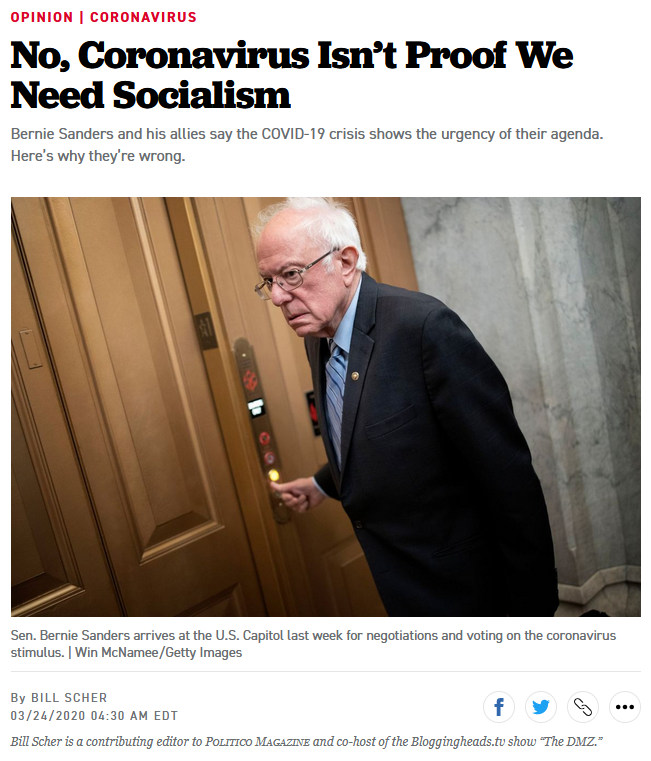RSN: Bill Simpich | Building a Culture of Solidarity, Not Shame and White Fragility

Bill Simpich, Reader Supported News
Simpich writes: "Let me make it plain - I agree with 80% of White Fragility. The 20% is what makes it a counterproductive book for anyone who cares about building social movements for fundamental change in this country."

Bill Simpich, Reader Supported News
Simpich writes: "Let me make it plain - I agree with 80% of White Fragility. The 20% is what makes it a counterproductive book for anyone who cares about building social movements for fundamental change in this country."
I grew up Catholic. I know all about shame – that was the Church’s organizing tool. If you live long enough, you live to regret organizing people around shame. It doesn’t work. It breeds resentment. Solidarity gets the goods. Shame won’t get there.
The history of racism is horrendous. One could make a moral argument that people of color should be put in charge by fiat and everyone of European descent should have most of their property taken away. I don’t think that’s going to work – for the same reason Robin DiAngelo’s approach isn’t going to work.
Robin DiAngelo makes it plain that she stands with shame. Michael Eric Dyson glories in describing her as “the new sheriff in town on racism.”
Dyson and Cornel West are famously at odds because of their fundamentally different philosophies – which I would characterize as neoliberalism vs. the prophetic black radical feminist tradition – best exemplified by the Combahee River Collective statement (summarized by Vinson Cunningham in this week’s New Yorker):
The Combahee River Collective Statement is frank about the woeful position of Black women in society, and about how poorly they have been treated by others – including Black men – who should be their allies.
“We realize that the only people who care enough about us to work consistently for our liberation is us.” the statement says.
Still, the collective was steadfast in its commitment to solidarity, and asserts that the ‘position’ of Black lesbians – oppressed by dint of class, race, gender, and sexual orientation – would help their struggle against capitalism, racism, patriarchy, and homophobia, and would help bring about the freedom of the entire world.
“We might use our position at the bottom,” the statement says, “to make a clear leap into revolutionary action. If Black women were free, it would mean that everyone else would have to be free since our freedom would necessitate the destruction of all the systems of oppression.”
That’s an end of days I would like to see. It will require, I think, a conviction that our lives, however devalued, have many facets, and that one sufficiently emancipatory gesture might scoop us all up.
Robin DiAngelo is upfront by saying that she believes race is more important than class. The statement doesn’t differentiate between class, race, gender and sexual orientation. What metric do you use to say which one is more important? They are all extremely important.
Robin DiAngelo is also upfront in saying that she doesn’t like to talk about capitalism because it gets in the way of her talking about racism. Here’s a telling quote (from Daniel Bergner’s recent NY Times article):
Capitalism is so bound up with racism. I avoid critiquing capitalism – I don’t need to give people reasons to dismiss me.
Bergner covered DiAngelo’s workshop last year at the Brava Theater on 24th Street in SF, where people paid between $65 to $160 per ticket to see her speak for three and a half hours. DiAngelo is critical about capitalism, but she’s not about to alienate this upscale audience on that more dangerous level – to herself. Instead, she binds them with shame, specifying the predominant demographic in the house, white progressives:
I know you. Oh, white progressives are my specialty. Because I am a white progressive ... And I have a racist worldview.
White fragility, in DiAngelo’s view, is:
... far from weakness. It is “weaponized.” Its evasions are actually a white liberal arsenal, a means of protecting a frail moral ego, defending a righteous self-image and, ultimately, perpetrating racial hierarchies, because what goes unexamined will never get upended.
We will never win the battles that we need to win against racism, capitalism, patriarchy, and homophobia by attacking each other’s self-respect.
All of us need to get educated about the evils of racism – no matter how “woke” we think we are – we need to nail down all those stories and statistics that DiAngelo and many other people do so well. And people all over America need to hear it.
And working-class people – who come in all colors – need to tell their stories too, otherwise half of them will keep voting for people like Trump. They do not need free hectoring from DiAngelo (they won’t be paying $65 for a ticket). And neither does anyone else.
This is the moment that leadership from people of color in America is critically important. All of us need to listen to the struggles of others and to open our hearts and minds to them. We want to win – not tear each other down. Racism will not be resolved in our lifetime, but it’s not a chronic disease that makes it impossible for us to be anything but frail. There is an aspirational element that is important – we need to move forward on all fronts to overcome racism.
Corporations want us to be endlessly pathologizing one another. HR will make a killing. No one will challenge the corporate model. MSNBC and CNN love it when we beat each other up rather than find ways to hold each other up – and bring down the formation that creates monsters like MSNBC and CNN.
What Robin DiAngelo is doing is not new. It’s been going on in movement circles for more than forty years. Ricky Marcuse was doing it throughout the Bay Area back then – and the feedback was that many of the participants withdrew from activism after their seminar with Ricky. Ricky was a smart, caring person. But if you don’t communicate effectively – yes, against all the fragility that all self-respecting people have, who want to be treated with respect – you are going to win your battle, while all of us lose the war.
Bill Simpich is an Oakland attorney who knows that it doesn't have to be like this. He was part of the legal team chosen by Public Justice as Trial Lawyer of the Year in 2003 for winning a jury verdict of $4.4 million in the Earth First!/IWW lawsuit of Judi Bari & Darryl Cherney against the FBI and the Oakland police.
Reader Supported News is the Publication of Origin for this work. Permission to republish is freely granted with credit and a link back to Reader Supported News.











